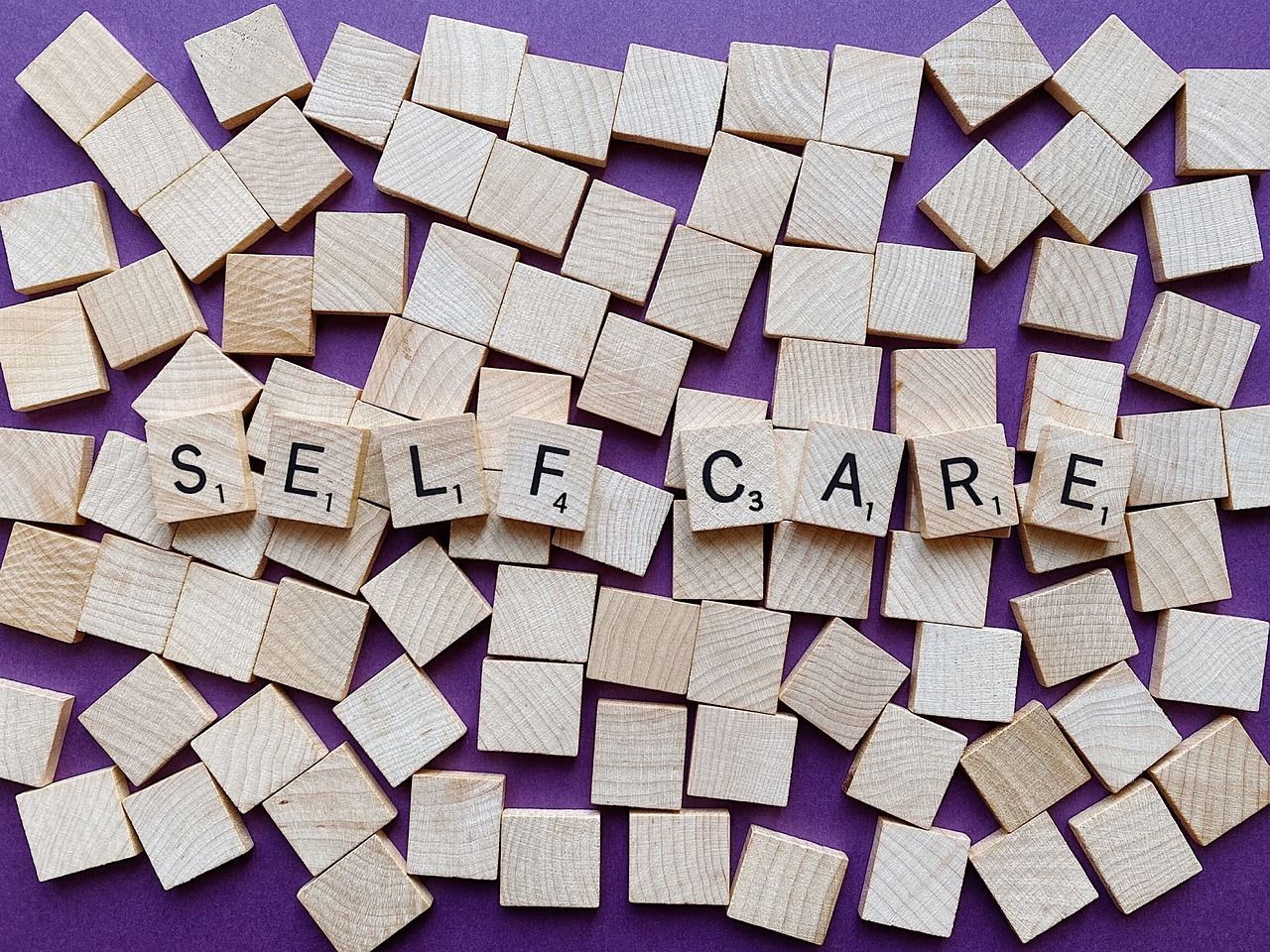PTSD in Teens: Recognizing the Signs and Finding the Right Treatment
Understanding PTSD in Teens: Key Signs and Effective Support Strategies
Does the behavior of a teenager sometimes raise questions about emotional well-being? This blog post on PTSD in Teens outlines key signs and support strategies based on recent insights and professional advice. The article explains how to recognize symptoms, offers practical support methods, and highlights the role of experienced mental health specialists. Readers facing confusing or overwhelming situations with teens can find clear steps to help and guidance on effective communication and care.
Key Takeaways
- teen ptsd signs include behavioral, emotional, and physical symptoms
- support strategies include counseling, family, and school interventions
- targeted treatments use medication and integrative therapies
- early intervention aids in managing trauma and distress
Recognizing the Symptoms of PTSD in Teenagers
This section outlines key signs of PTSD in teens, including common behavioral indicators, emotional responses linked to distress, and physical symptoms to observe. It also reviews challenges in social interactions and academic performance, noting connections with childhood trauma, poverty, reduced wellbeing, and risks of substance abuse.
Common Behavioral Indicators of PTSD
The clinical mental health counseling team observes that common behavioral indicators of PTSD in teenagers include signs of dissociation, sudden mood shifts, and withdrawal from social settings. The team emphasizes advocacy in school environments and community centers to address these risks while noting that adverse childhood experiences and psychological abuse often contribute to these behaviors.
The presence of behaviors related to dissociation, withdrawal, and mood changes prompts mental health professionals to consider a comprehensive support strategy:
- Dissociation episodes that disrupt daily functioning
- Behaviors linked to adverse childhood experiences
- Indicators of psychological abuse and emotional distress
- Efforts on advocacy to improve clinical mental health counseling services
Emotional Responses Associated With Trauma
Experts note that teenagers experiencing PTSD often exhibit emotional responses marked by depression and anxiety, with impacts sometimes related to crime and community instability in regions such as Idaho. The team recognizes that overwhelming feelings of shame can hinder social and academic interactions.
Clinical specialists implement a focused strategy to address these emotional indicators and support recovery through targeted methods:
- Monitoring emotional responses in clinical settings
- Identifying signs of depression and anxiety early
- Addressing influences of crime and community stressors
- Reducing feelings of shame through supportive interventions
Physical Symptoms to Observe
The clinical team notes that physical symptoms in teenagers with PTSD may include fatigue, muscle tension, and gastrointestinal disturbances, as these signs provide valuable knowledge for early clinical assessments. The observed behavior sometimes mimics physical manifestations seen during pregnancy complications, prompting specialists to refer to neuroscience research and guidelines from the nctsn for further insights.
Physical symptoms such as headaches and unexplained weight changes are crucial markers that support the detection of stress responses. Experts incorporate behavioral observations and practical neuroscience findings, using established nctsn protocols to guide assessments and provide a framework that ensures comprehensive care.
Impact on Social Interactions
Social interactions can be adversely affected in teenagers with PTSD, as they may experience a diminished feeling of connection to peers and authority ps. Mental health professionals, while accepting new patients for specialized support, note a clear risk in withdrawal behaviors, reduced motivation to engage, and an overall sense of isolation:
- Withdrawal from group activities
- Heightened risk of misunderstanding social cues
- Decreased motivation in academic and social settings
The impact on peer relationships may disrupt routines and echo challenges similar to those in fields like gastroenterology, where stress influences physical health. Experts emphasize that when teenagers face such social challenges, tailored interventions are critical to rebuild their confidence and facilitate healthier interactions.
Academic Challenges Linked to PTSD
Teenagers with PTSD face academic challenges when pain and stress affect their concentration, memory, and overall performance. The experiences of students at institutions like idaho state university highlight struggles in keeping up with coursework, particularly when emotions tied to sexual abuse are involved, leading to increased anxiety and difficulties in academic proceedings of the national academy of sciences of the united states of america:
- Increased absenteeism due to emotional distress
- Difficulty concentrating on assignments
- Gradual decline in academic performance
The impact of these challenges is often observed by educators who emphasize empathy and support to alleviate stress, assisting students in managing their academic responsibilities. Mental health specialists provide practical insights and actionable strategies to assist affected teenagers in regaining focus and stability in their studies.
Understanding the Causes of PTSD in Adolescents
Trauma from events such as a flood, racism, or drug-related incidents can lead to PTSD. Childhood trauma significantly influences the brain and its coping mechanisms, while genetics and residency-based environments contribute additional risk factors. Identifying these factors helps professionals support teenagers through effective strategies tailored to their unique needs.
Types of Trauma That Can Lead to PTSD
The clinical team notes that various types of trauma, such as exposure to community violence and accidents, can lead to PTSD in teenagers. Professionals in eastern idaho have observed that adverse childhood experiences often set a foundation for ongoing mental health challenges, prompting efforts to share effective crisis intervention methods and tailor insurance solutions for those in need.
Experts recognize that events like family disruptions and exposure to violent circumstances contribute to the development of PTSD in adolescents. They emphasize that sharing practical crisis intervention strategies and ensuring proper insurance coverage can ease the impact of adverse childhood experiences and support recovery in eastern idaho communities.
The Role of Childhood Trauma in Development
The clinical team asserts that early experiences during childhood, such as physical abuse, contribute significantly to the development of PTSD in adolescents. Recent studies referenced on pubmed and insights from des moines university underscore a link between childhood trauma and risks of suicidal ideation in vulnerable teens.
Specialists emphasize that understanding a teenager's history of trauma is crucial for effective intervention and recovery:
- Recognition of symptoms linked to physical abuse
- Monitoring signs of suicidal ideation
- Utilizing data from reputable sources such as pubmed
- Implementing supportive programs inspired by research from des moines university
How Genetics and Environment Influence PTSD
The clinical team finds that genetics combined with environmental influences such as natural disaster exposure and peer pressure can shape the onset of PTSD in teens. They observe that familial history and genetic predispositions, when paired with challenging environmental conditions, can intensify stress responses and heighten vulnerability to PTSD.
Experts also note that significant events like death, alongside factors such as asthma and an unbalanced diet, may exacerbate symptoms in adolescents. Mental health specialists stress that understanding these influences is crucial for developing effective support strategies to manage the impact of PTSD in teens.
Identifying Risk Factors in Teenagers
Risk factors in teenagers include issues related to early childhood trauma that affect their mood regulation and overall development. Clinical experts rely on research to support tailored support strategies that address these influences while considering factors such as nutrition and environmental stressors.
Health professionals note that teenagers exposed to early childhood trauma may experience difficulties in mood regulation, which emphasizes the need for interventions informed by current research. This approach often incorporates practical assessments of nutrition and other lifestyle elements directly linked to improved mental health outcomes.
Effective Support Strategies for Teens With PTSD
Experts present effective strategies including individual counseling techniques, family involvement in the healing process, school support and accommodations, and peer support systems through group therapy. These approaches help monitor behavioral changes, support physical health, and address issues like alcohol use, guided by credible data from centers for disease control and prevention and family medicine practices.
Individual Counseling Techniques
The clinical team applies individual counseling techniques that target emotional regulation and self-awareness in teens with PTSD. Professionals often share practical insights from internships in mental health settings, drawing on experiences with refugee populations and medical case studies, including those in obstetrics, to reinforce effective intervention methods.
Counselors use personalized sessions that focus on the teen's unique situation, helping them manage symptoms without overreliance on antidepressant treatments. This approach stems from hands-on expertise in clinical practices, where internship experiences and work with both medical and obstetrics fields provide valuable context and tailored support.
Family Involvement in the Healing Process
Mental health experts note that including the family in treatment assists in the identification of behavioral changes and supports consistent follow-up care. A close collaboration with a physician assistant and regular counseling sessions create an environment where teens can manage PTSD symptoms while feeling supported and understood.
School Support and Accommodations
The clinical team highlights that school support plays a crucial role in assisting youth with PTSD by offering structured accommodations and resources similar to those found in medical school environments. They work closely with families and educators to create tailored plans, ensuring that students receive the necessary support while minimizing disruptions that could lead to additional setbacks such as falls in academic performance.
School systems implement practical strategies to help students manage their symptoms with clear guidelines and flexible scheduling, similar to protocols in mental health support settings dealing with schizophrenia. Professionals within the educational community collaborate with families and mental health specialists to maintain a safe environment that encourages academic success and addresses critical challenges faced by affected youth.
Peer Support Systems and Group Therapy
Experts note that peer support systems provide a safe space for teens affected by PTSD to share experiences related to transgenerational trauma, neglect, and bullying; these methods allow each participant to feel heard like a supportive parent would during challenging times:
- Sharing personal stories for mutual understanding
- Creating safe environments for open discussions
- Developing practical coping techniques together
Group therapy sessions serve as an effective strategy to build resilience by offering structured support that helps youth overcome the isolation caused by past neglect and bullying, ensuring each teen gains clarity on managing transgenerational trauma and related challenges through professional guidance and peer interaction.
The Role of Idaho Falls Psychiatrists in Treating PTSD
Local psychiatrists in Idaho Falls use key approaches that blend medication management for PTSD symptoms with integrative therapies to support healthy sleep patterns and ease anxiety and depression. The article outlines strategies inspired by world health organization guidance and medicaid practices, offering practical insights into finding the right psychiatrist for adolescent needs.
Key Approaches Used by Local Psychiatrists
Local psychiatrists in Idaho Falls employ integrative treatment plans that focus on medication management and targeted therapies to ease PTSD symptoms in teenagers, drawing on practices from the eastern Idaho regional network. Their strategies support suicide prevention efforts and recognize the diverse needs of teens, including those in the lgbtq community, by tailoring treatments to individual cases with demonstrated expertise.
These specialists work closely with community partners to coordinate care and address related health concerns, even collaborating with areas such as urology when physical health issues intersect with mental health symptoms. Their approach emphasizes practical support and regular follow-up, ensuring that teens receive ongoing care designed to restore balance and stability in their daily lives.
Medication Management for PTSD Symptoms
Idaho Falls psychiatrists implement targeted medication management strategies to lessen PTSD symptoms in patients, ensuring treatment plans account for stressors such as injury or the aftermath of a disaster. This approach integrates clinical expertise with ongoing evaluations, supporting caregivers and adolescents alike through structured treatment protocols.
Specialists carefully select medications to stabilize mood and improve sleep patterns in patients affected by traumatic events, including situations comparable to a tsunami. This method of care, grounded in practical experience, addresses both immediate and long-term concerns for teens, facilitating smoother recovery under the guidance of dedicated caregivers.
Integrative Therapies Offered in Idaho Falls
Idaho Falls psychiatrists offer integrative therapies that combine traditional treatment with modern approaches, drawing on evidence-based practices to strengthen psychological resilience in teens suffering from PTSD. These specialists ensure that patients can access a secure patient portal for updates on progress and scheduling while adhering to strict ethics guidelines to safeguard individuals facing challenges such as domestic violence, dementia, and related mental health issues.
Local experts integrate innovative therapies such as cognitive-behavioral techniques and mindfulness practices to offer a well-rounded approach to monitor and manage PTSD symptoms. Their practical solutions and care models provide actionable insights for teenagers and families seeking relief and long-term stability in mental health.
Finding the Right Psychiatrist for Adolescent Needs
Idaho Falls psychiatrists offer tailored support to each patient, ensuring that teens receive comprehensive care based on principles from readings like "the body keeps the score." These experts work closely with families and school systems, providing actionable insights and continuous care to address mental health challenges, including seasonal affective disorder and fluctuating interpersonal relationships.
Specialists in the region prioritize early intervention and personalized treatment plans, including guidance on crisis resources such as 988. Their consistent approach helps teens improve coping skills and reestablish stable interpersonal relationships, ensuring that each patient experiences a focused, supportive recovery process.
How to Communicate With a Teen Experiencing PTSD
This section offers expert guidance on building trust and openness while using active listening techniques. It explains how to encourage expression through art and writing and validates their feelings, ensuring supportive interactions. Information links to medicare standards, medical center practices, proper medication management, and foster care support for comprehensive care.
Building Trust and Openness
The mental health specialists advise that building trust starts with open and direct conversations that acknowledge the impact of stress in early childhood and current challenges. They find that a great approach involves setting aside time for active listening, where teens are encouraged to share their feelings without fear of judgment, an effort that mirrors support seen in successful programs in Arizona and other regions.
They recommend that caregivers integrate stress-reduction techniques, such as regular exercise, into daily routines, which can ease anxiety and lessen risks related to addiction. Professionals note that when teens experience a stable and supportive environment, they are more likely to open up, allowing the team to tailor personalized strategies that foster clarity and progress in mental health recovery.
Active Listening Techniques to Use
Active listening techniques serve as an essential tool for managing communication with a teen experiencing PTSD. Specialists stress that observing changes such as irritability or withdrawal in conversations, similar to behaviors noted in an adult or even in sibling interactions, can guide professionals in adjusting their management approach. This method supports clear expression and validation of feelings while taking into account differences in gender and familial dynamics.
Professional mental health experts recommend that caregivers listen attentively through reflective responses and supportive observation. By noting subtle cues like minor irritability, variations in tone, or the impact of gender dynamics during discussions, they can better support tailored management techniques that benefit not only teens but also help foster a secure conversation style consistent with practices seen in adult counseling sessions.
Encouraging Expression Through Art and Writing
The clinical team recommends that caregivers encourage teen expression through art and writing by integrating structured programs within their routine. By using targeted language and drawing on internal medicine insights, they design creative assignments that also serve as practical tools for managing PTSD, while ratings on such initiatives have provided encouraging feedback from education professionals.
Experts observe that facilitating art and writing activities helps teens process their feelings and improve communication skills. They note that educational programs supplemented by internal medicine best practices offer teens a safe space to express their emotions, with clear language and constructive ratings contributing to a supportive recovery environment.
Validating Their Feelings and Experiences
The counselor stressed that listening carefully and acknowledging a teen's feelings is crucial in health care settings, especially when addressing challenges such as insomnia and stress. The professional maintains a diligent national profile by offering practical insights that help validate emotions during therapy sessions.
Understanding that a teen's experience of trauma requires both empathy and precise support, the counselor uses clear language to verify their feelings and experiences. By integrating expert techniques from health care and monitoring factors like insomnia, the specialist creates an environment conducive to recovery that aligns with the national profile of effective mental health practices.
Resources for Parents and Caregivers of Teens With PTSD
Parents and caregivers gain valuable neurology insights from books and online materials, along with effective local support groups and community programs. Professional organizations focused on this disorder offer practical feedback and foster understanding. Access to professional help and crisis services builds confidence, guiding families in supporting teens through their journey towards recovery.
Books and Online Materials on PTSD
Parents and caregivers can benefit from a range of books and online materials on PTSD that provide clear guidance on managing mental health challenges. These readings offer practical advice on handling issues like social isolation, aggression, and fear, making them a valuable resource for understanding the disease and supporting overall health:
- Guides that explain the connection between trauma and behavioral changes
- Resources outlining strategies to mitigate social isolation and aggression
- Online materials that address fear and its impact on mental health
Expert-reviewed publications and digital platforms give concise information and actionable insights for managing trauma-related symptoms. They present real-case examples to help parents recognize signs of the disease and promote health by reducing the effects of social isolation, fear, and aggression among teens.
Local Support Groups and Community Programs
Local support groups offer parents and caregivers a structured environment to share experiences and obtain practical strategies for addressing teen PTSD. These groups focus on improving attention and cognition through peer learning initiatives, while healthcare professionals provide advice that aligns with the goal of reducing stress and promoting mental health recovery.
Community programs provide accessible resources designed to support both parents and teens, helping them improve learning skills and emotional resilience. These programs work closely with healthcare experts, ensuring that interventions strengthen attention and cognition while guiding families toward sustainable recovery solutions.
Professional Organizations Focused on Adolescent Mental Health
The professional organization offers helpful guidance for parents and caregivers by providing a comprehensive pdf guide that outlines best practices for managing teen PTSD. The organization creates a safe space for discussions on sensitive topics such as intimate partner violence, supporting families impacted by violence in Utah and other regions through practical insights and clear instructions.
This organization serves as a critical resource for those seeking to understand adolescent mental health challenges better, ensuring that parents and caregivers receive actionable recommendations in a concise format. Its expertise provides a valuable safe space where topics like intimate partner violence and violence are addressed clearly, helping families in Utah and beyond access the support they need.
Accessing Professional Help and Crisis Services
Parents and caregivers are encouraged to seek timely professional help when a teenager shows signs of PTSD, as early intervention addresses the emotion and physical symptoms that arise during crises. Health insurance coverage often supports access to qualified nursing and psychiatric services, ensuring that affected teens receive tailored evaluations and treatment plans.
Prompt action can help manage escalating anger and overwhelming emotion, which may hinder recovery in young patients. Local crisis services and professional mental health providers offer comprehensive support that combines physical assessments with targeted therapy, reinforcing stability and promoting overall well-being.
Conclusion
Recognizing and addressing PTSD in teenagers is essential for restoring their mental health and daily functioning. The insights reveal clear behavioral, emotional, and physical indicators that professionals can identify through structured assessments. Effective support from individualized counseling, family involvement, school accommodations, and peer support plays a crucial role in the recovery process. Mental health specialists and psychiatrists use actionable strategies to empower teens and guide them toward a stable and resilient future.











